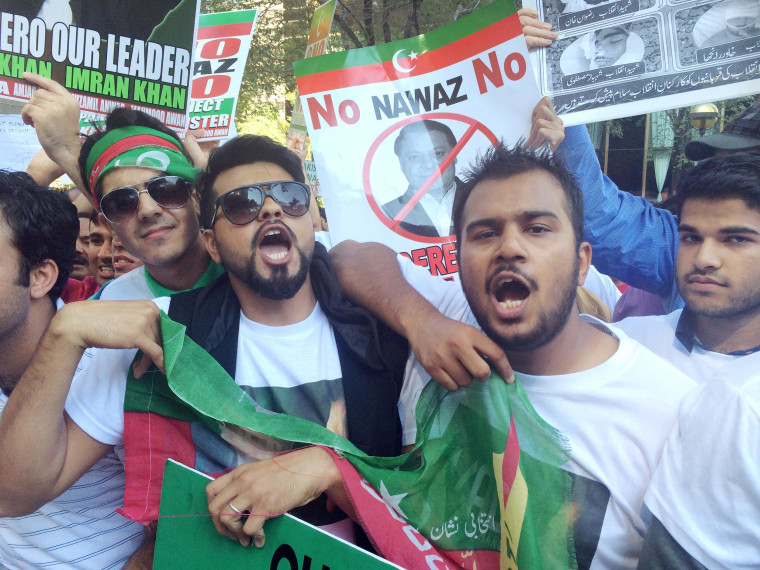Thousands of Pakistani protesters crowded the streets across from the United Nations Headquarters Friday, while the country’s Prime Minister, Nawaz Sharif, addressed world leaders at the General Assembly. Among the crowd were many U.S.-raised Pakistanis, most of whom have never even been to the country but feel strong ties to a place that they say intensely defines who they are and their hopes for the future.
These young Pakistani-Americans, some as young as four years old, represent an American contingent of a several-weeks-long political protest playing out in Islamabad, Pakistan. Tens of thousands of people have virtually shut down the capital city, sleeping in the streets, calling for the Prime Minister to step down because, according to protesters, he won as the result of a rigged and unfair election.
"The connection is, I have brothers and sisters there, people living in Pakistan are my family, they run the same blood, we are all humans at the end, so we need to act like humans. Humanity is my connection," 15-year-old Zareen Afzal told NBC News. Afzal was born in Connecticut and has never visited Pakistan.
Protestors born in the U.S. and those who moved to the States years ago for better educational opportunities, or with their parents as young children, share Afzal’s beliefs, and say that it is a strong cultural tie with their families that makes them care about what is happening 7,000 miles away.
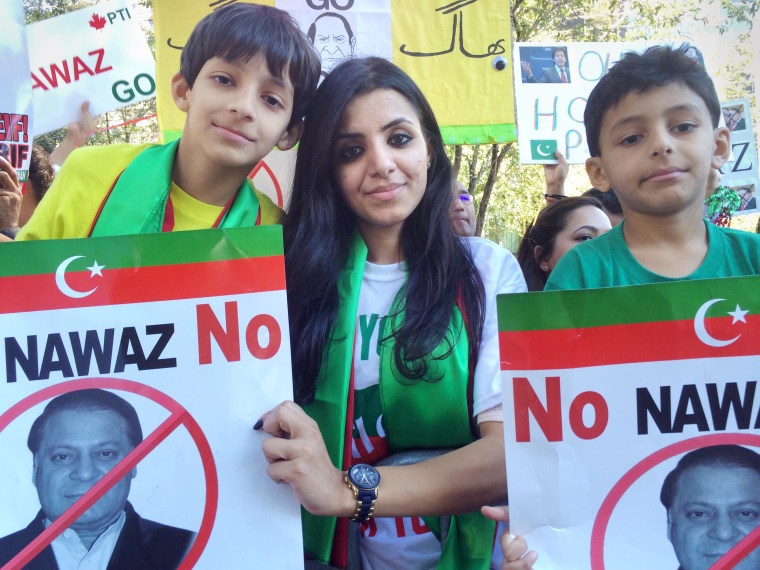
"I feel like in Pakistan, looking at all of the people it really breaks my heart to see kids there. I have younger brothers and when I see kids there, they don’t have food, or they are dying, they don’t go to school, they are picking up garbage on the streets, they don’t have clean water. I feel like that could have been my life, and I feel like I must stand up for Pakistan." --Khansa Abbasi, 21
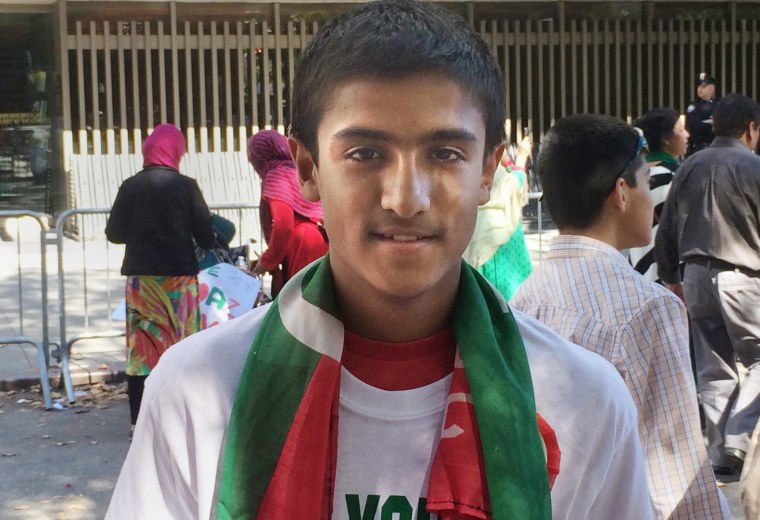
"My whole family lives in Pakistan. I’ve only got my mom, my dad, and my sister here--they are my only family here. Everybody else is back in Pakistan, and I’m worried for them, so that’s why I am here."--Mohammed Massab Sohil, 14
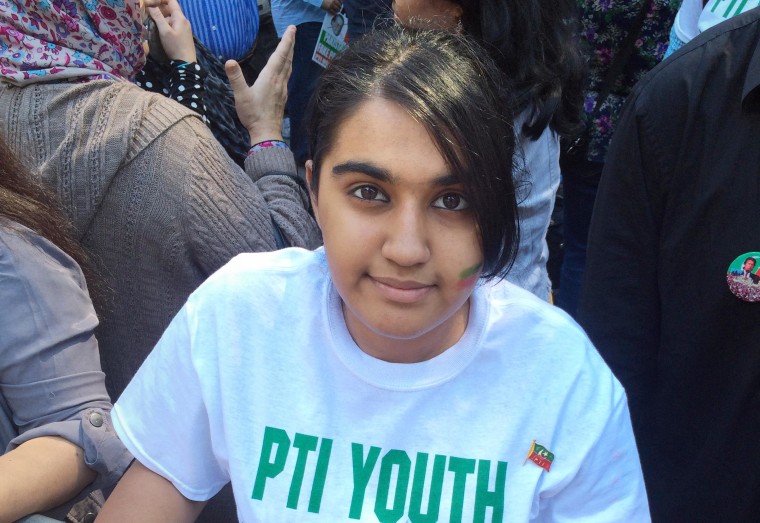
"I may have been born here, but I will go there [Pakistan] someday."--Bukuriya Choudhry, 14
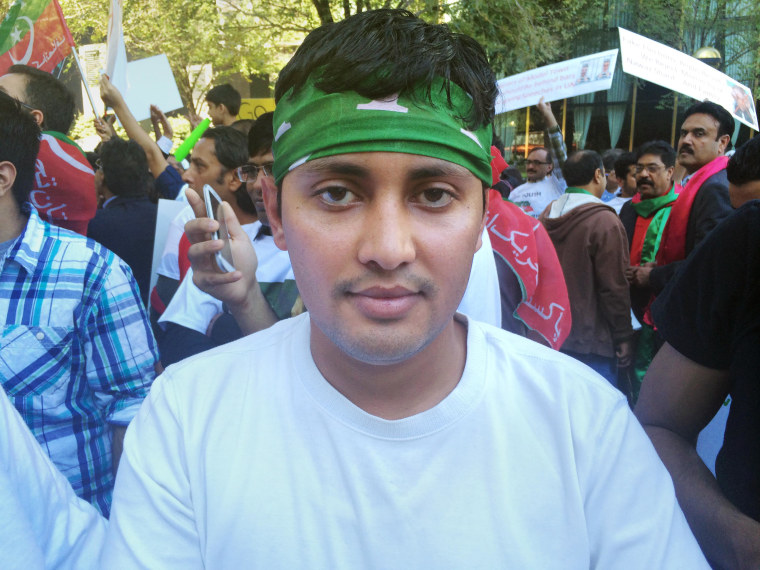
"I came today because I am not only thinking about only myself, I have to think about all people. Americans don’t care about only themselves, Americans care about every people. Whoever is in Pakistan we have to care about them, they are our people."--Chaman Gulzar, 25
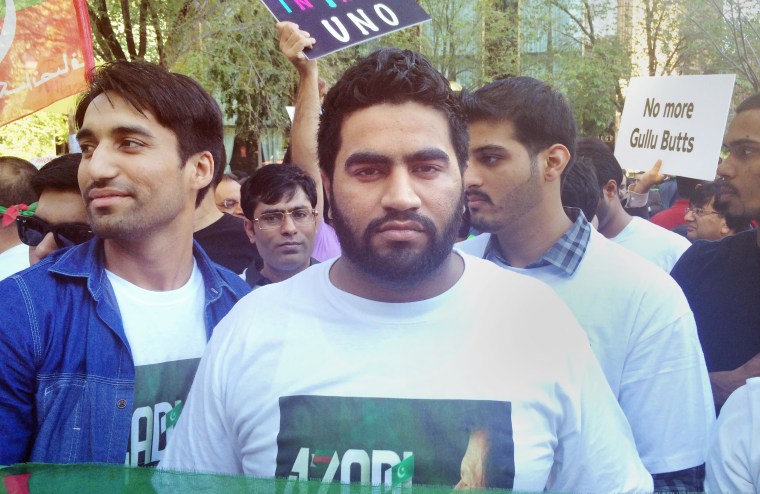
"I care because my parents are from Pakistan. I still care for Pakistan—it’s my mom’s land so we have to care about it."--Humad Basharat, 25
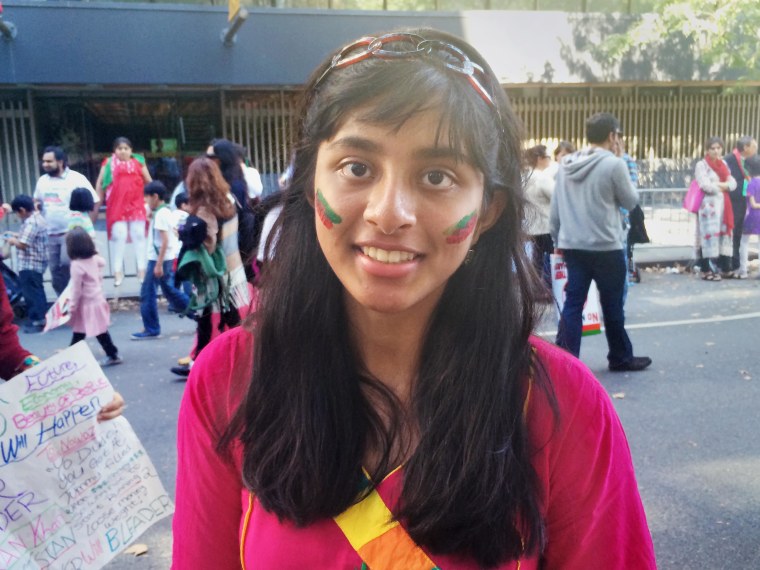
"I care about the world, those people who die everyday, they matter a lot to me. If they die because there is no food, that’s very shameful…I want to see children going to school, adults going to jobs, I would want to see better houses, I don’t want to see poor people or dirty roads, dirty water, I don’t want to see disease, I want to see a better Pakistan."--Zuha Ajzal, 14
